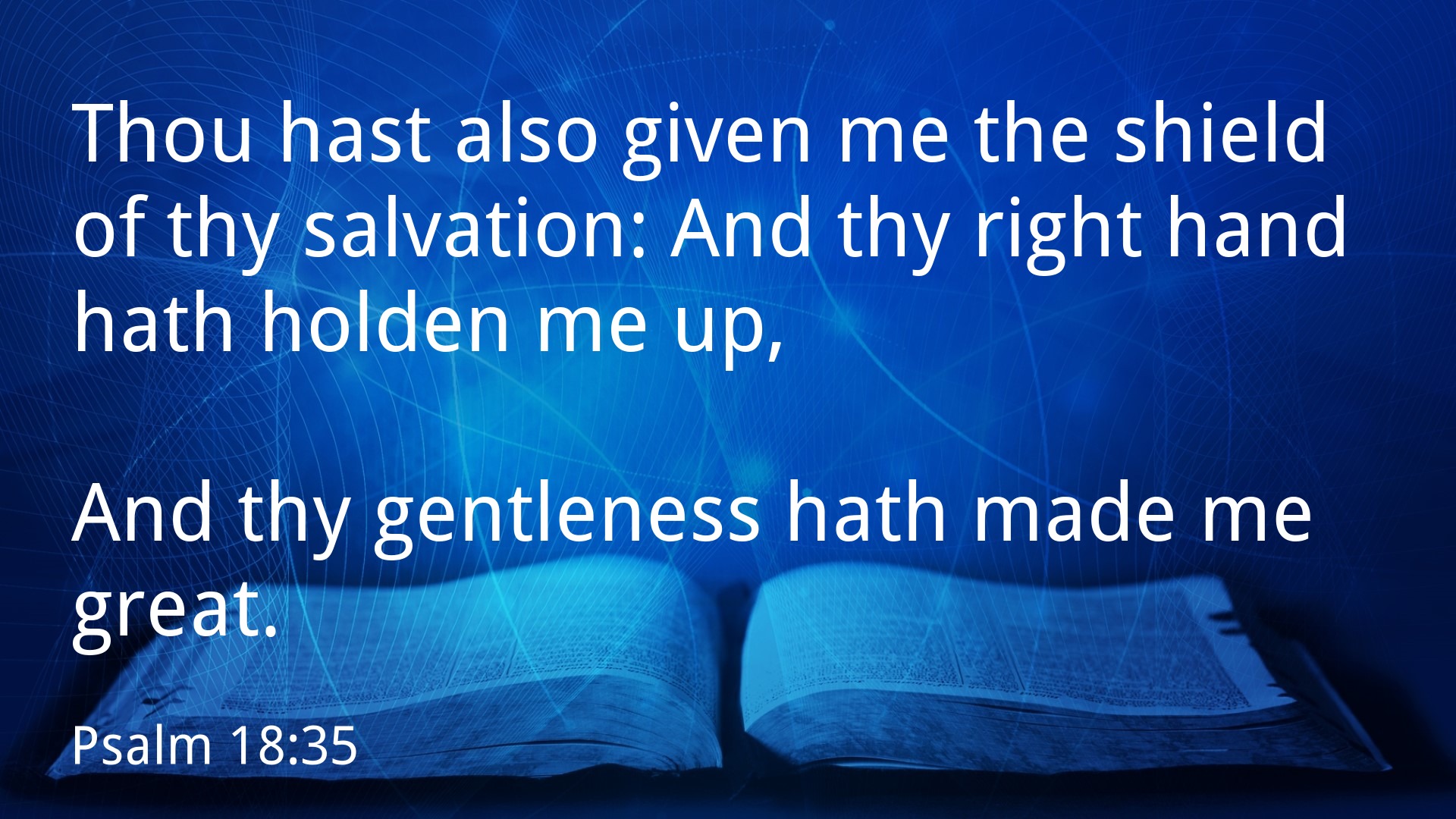While studying the covenant, it seems simple enough to begin at the first appearance of the word covenant and move forward in the scriptures, this however is not sufficient to grasp the biblical idea of covenant. The isolated instances of the word even in the immediate context, grant us only part of the picture. To see the whole picture we have to look at the entire context of the teaching surrounding and intimately integrated with covenant throughout scripture.
Covenant is based, as we have said previously, in the establishment of the relationship between God and those He has entered into covenant with. God entered into covenantal relationship unilaterally, or to put is a different way, God imposed the covenantal relationship upon his creation, and his creatures.
But I will establish My covenant with you; and you shall go into the ark-you, your sons, your wife, and your sons’ wives with you.
(Genesis 6:18, NKJV)
“And as for Me, behold, I establish My covenant with you and with your descendants after you, and with every living creature that is with you: the birds, the cattle, and every beast of the earth with you, of all that go out of the ark, every beast of the earth. Thus I establish My covenant with you: Never again shall all flesh be cut off by the waters of the flood; never again shall there be a flood to destroy the earth.” And God said: “This is the sign of the covenant which I make between Me and you, and every living creature that is with you, for perpetual generations: I set My rainbow in the cloud, and it shall be for the sign of the covenant between Me and the earth. It shall be, when I bring a cloud over the earth, that the rainbow shall be seen in the cloud; and I will remember My covenant which is between Me and you and every living creature of all flesh; the waters shall never again become a flood to destroy all flesh.
(Genesis 9:9-15, NKJV)
The passages above represent the first appearance of the word covenant (the Hebrew “Berit” Strongs H1285) which has a literal meaning of “to cut.” The language in these passages is not that of a question posed. The instructions are commands. This makes them imperative; they are “you will” commands, not “if you want to” requests. With the entry of the term and idea of covenant, YHWH says, “I will establish my covenant with you.” This is later extended to include Noah’s descendants, the earth, and every living creature of all flesh.
The simplest terms for covenant, an agreement or compact, a formal, solemn and binding agreement; cannot be limited to a two sided or dual participation equation. While this understanding is legitimate, it is not complete. For instance, the father of a child, who fathers that child during a one night stand with the mother, is held responsible for the child financially in America, even if he was willing to pay for the adoption process following, and or abortion of the child prior to its birth. His actions in performing copulation, bind him to the child. His actions result in his responsibility for the creation of a life. Even if he denies the creation of the life, he is under obligation to it as long as the life remains. He cannot disown the life, he cannot undo the creation process, he is forever the father and progenitor of that life.
This is true of God as well. He has created the universe. Within the universe He created human beings, with living souls, the ability to reason, and a moral system over which He proclaims himself the ruler. He says of Himself:
A man’s heart plans his way, But the Lord directs his steps.
(Proverbs 16:9, NKJV)I, even I, am the Lord, And besides Me there is no savior.
(Isaiah 43:11, NKJV)That they may know from the rising of the sun to its setting That there is none besides Me. I am the Lord, and there is no other;
(Isaiah 45:6, NKJV)For thus says the Lord, Who created the heavens, Who is God, Who formed the earth and made it, Who has established it, Who did not create it in vain, Who formed it to be inhabited: “I am the Lord, and there is no other.
(Isaiah 45:18, NKJV)But let him who glories glory in this, That he understands and knows Me, That I am the Lord, exercising lovingkindness, judgment, and righteousness in the earth. For in these I delight,” says the Lord.
(Jeremiah 9:24, NKJV)
The above examples attempt to demonstrate the nature of the relationship which is dependent upon the Originator managing and keeping the agreement or covenant.
Would we enter into a contract or agreement with, animals? Can we enter into a contract or agreement with our daughters, daughters, daughters, daughters, daughter, before she is born? What about a painting we have created? The answer to all of these questions is yes. As pet owners, we enter into an agreement with our pets, all trainers and animal performers will attest to this, however as is the case in the other two hypothetical’s, we are entering into this from our side only. We can direct an inheritance to a distant relative even supplying a conditional clause upon which the inheritance may or may not be received. We can do the same with an object or gift. But in each of these instances, we would have to initiate the relationship, we would have to impose our wills in order to establish the relationship, and in the case of the painting and our descendent we would have to create them first.
This illustrates the depth and the nature of the covenantal relationship on a very small scale. The LORD is not small, as creator there is a clear establishment of relationship with His creation (Isa 45:18.) This is manifested to us in the form of covenant. The directive seen clearly in the language of Genesis 6:18 is emphatic. In restating the nature of the covenant to include the earth, unborn children, and all flesh of every kind (Gen 9:9-15,) there is a clear demonstration of ownership in the covenant. However the nature of the relationship is based upon righteousness, this is found in Genesis 7:1:
Then the Lord said to Noah, “Come into the ark, you and all your household, because I have seen that you are righteous before Me in this generation.
(Genesis 7:1, NKJV)
This righteousness is stated prior to the covenant made with Abraham, and is predicated upon Gods promise of redemption, as stated later in much more detail in Romans and Hebrews. Since there are none righteous no not one (Rom 3: 10-18,) the indication here of righteousness is based in the salvation of Christ; His righteousness, and salvation based in faith (Heb 11:7.) This is an important detail in the line of faith, since Gen 7:1 tells us only Noah was found righteous. It was his righteousness which is attributed with saving his family.
Before moving forward, we must also see the LORD establishing of His covenant. This is not singular in the sense the covenant was only about the promise made to Noah, not to destroy the world again by flood. Rather, the promise not to destroy by flood again is part of the whole everlasting covenant, a covenant which promised salvation beyond the scope of human existence:
These all died in faith, not having received the promises, but having seen them afar off were assured of them, embraced them and confessed that they were strangers and pilgrims on the earth. For those who say such things declare plainly that they seek a homeland. And truly if they had called to mind that country from which they had come out, they would have had opportunity to return. But now they desire a better, that is, a heavenly country. Therefore God is not ashamed to be called their God, for He has prepared a city for them.
(Hebrews 11:13-16, NKJV)
Noah is listed among those who had note receive the promises, the final outcome of the covenant established by the LORD from the beginning.
let me know what you think!


